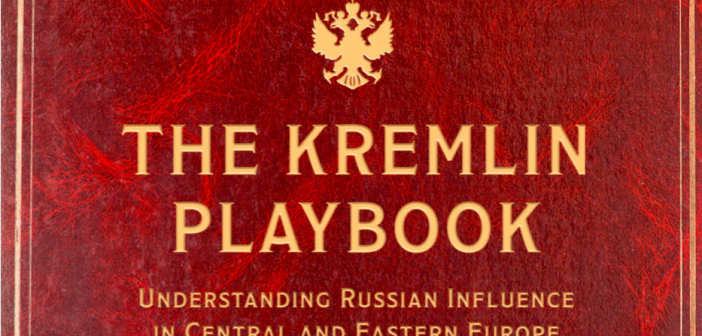Read the Report — CSIS: There was a deeply held assumption that, when the countries of Central and Eastern Europe joined NATO and the European Union in 2004, these countries would continue their positive democratic and economic transformation. Yet more than a decade later, the region has experienced a steady decline in democratic standards and governance practices at the same time that Russia’s economic engagement with the region expanded significantly. Regional political movements and figures have increasingly sought to align themselves with the Kremlin and with illiberalism. Central European governments have adopted ambiguous—if not outright pro-Russian—policy stances that have raised questions about their transatlantic orientation and produced tensions within Western institutions. Are these developments coincidental, or has the Kremlin sought deliberately to erode the region’s democratic institutions through its influence to “break the internal coherence of the enemy system”?




